In the early years, Newcastle Grammar School provides an environment and structure for children to develop both socially and academically, with an emphasis on the traditional areas of literacy and numeracy as well as an introduction to the adventure of education.
Our Primary staff pride themselves on the differentiated curriculum offerings, individualised programs and strong partnerships between home and school. Learning is tailored to how your child learns most effectively.
Our inquiry-based approach promotes independent and rich learning in Science, History and Geography. Specialist teachers work in the areas of Music, Art, STEM, PDHPE and Mandarin. A varied program of excursions and camps provides opportunities for the children to gain practical experience of the subjects studied.
Students work in ability groups in several areas of the curriculum and have access to specialist learning support, including occupational therapy and counselling services. Our gifted students have individual programs that are overseen by professionals in this area.
Further opportunities exist for Kindergarten to Year 6 students to learn Singing, Music and Speech and Drama.
For older Primary students, our flexible and contemporary learning spaces, with modular furniture and varied workspace options, give students the autonomy to choose their own seating arrangements according to their preferences. This allows a mix of social, collaborative and independent learning, so that students can discover the techniques that help them learn best. Year 5 and 6 students begin to take ownership in their own learning journey which also supports relationship-building with peers and prepares them for the move to secondary school structures.
Curriculum
English
Mathematics
Human Society and Its Environment (History and Geography)
Science and Technology
Creative Arts (Visual Art, Music, Drama, Dance)
Personal Development, Health and Physical Education (PDHPE) and Sport
Languages (Mandarin)
Instrumental Music Program (Years 2 to 6)
Newcastle Grammar School students are adaptable, resilient and confident – prepared for a constantly evolving global landscape and to live a life of influence and purpose.
Inquiry Learning
Inquiry-based learning poses questions to students that require critical and creative thinking so students can develop their abilities to ask questions, design investigations, interpret evidence, form explanations and arguments, and communicate findings.
The six ‘learning assets’ and associated skills and dispositions we aim to build in students through Inquiry Learning are:
I am a thinker
Developing students who are open-minded and creative, who have awareness of how they use their thinking and know their thoughts can change as they experience new things and listen to others’ viewpoints.
I am a self-manager
Growing in students the ability to be resilient and reflective, who can learn independently and make wise decisions about their learning and behaviour. Students with this asset can challenge themselves to improve and communicate their feelings.
I am a collaborator
Building in students a sense of empathy and reliability. Students who can work with others towards shared goals and be productive members of a team can actively respect others ideas and learn from them.
I am a communicator
Communicator students can think about their audience thoughtfully and modify their communications accordingly. They are responsive and respectful, willingly sharing their learning and understanding that different contexts require different ways of communicating.
I am a researcher
Inspiring curiosity and persistency within students, so they know where to look and who to ask to find answers, as well as thinking critically about the information they gather and acknowledge their sources.
I am a contributor
An inquiry-based approach considers all these behaviours as relevant to all learners, initially guiding students towards these skills until they gradually begin to demonstrate them independently.
An inquiry-based approach considers all these behaviours as relevant to all learners, initially guiding students towards these skills until they gradually begin to demonstrate them independently.
See the transformation of Park Campus here
